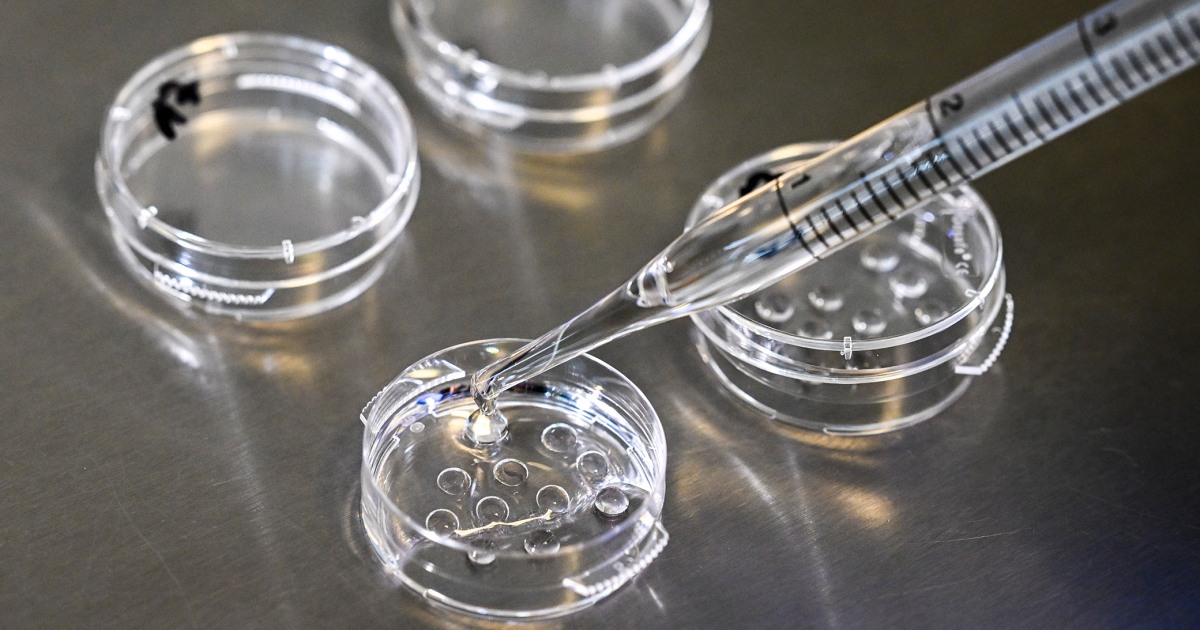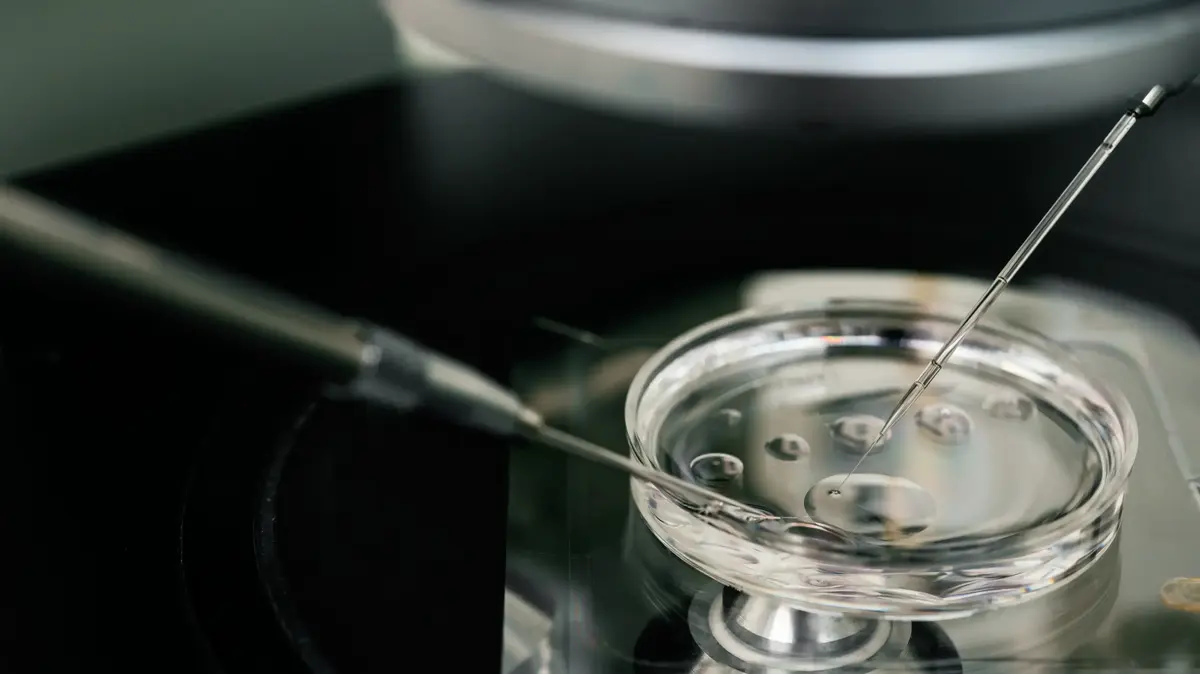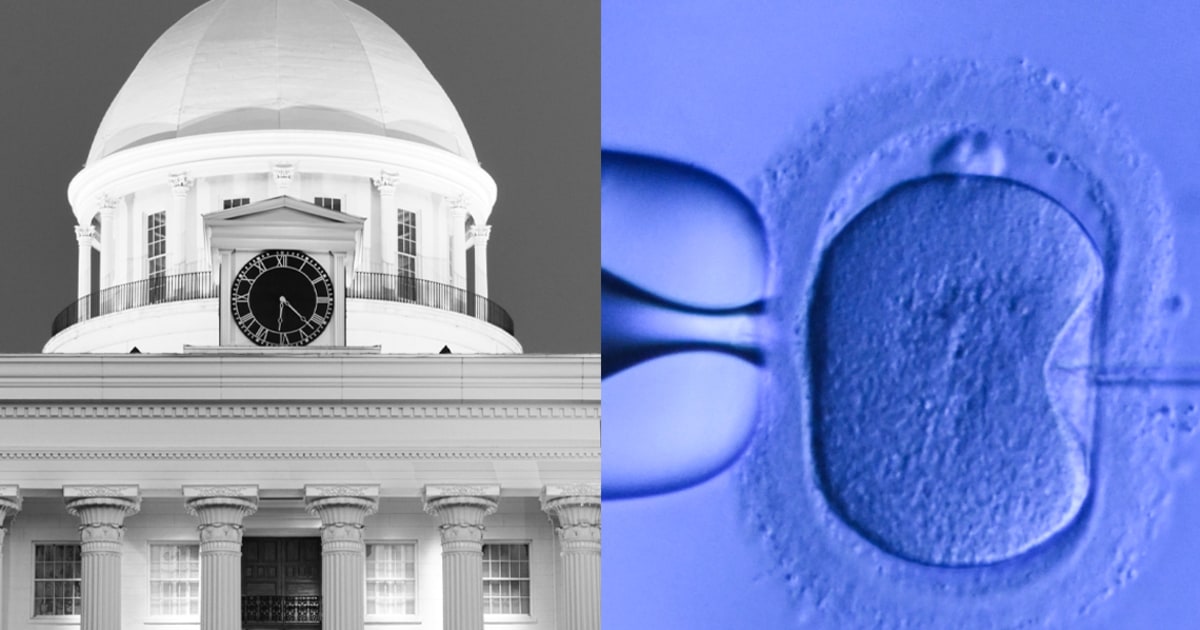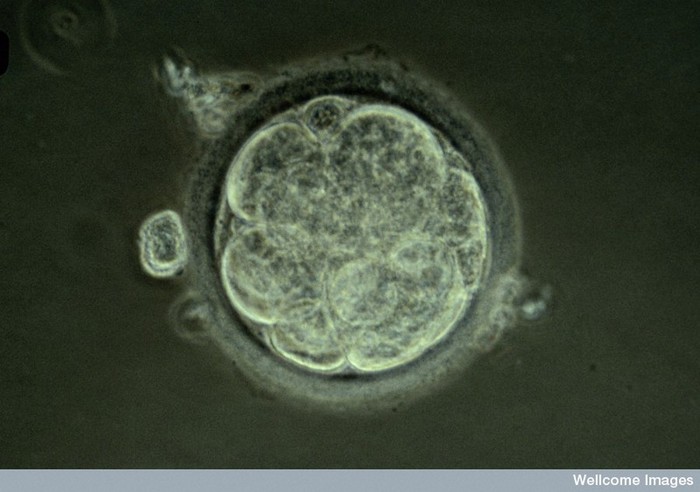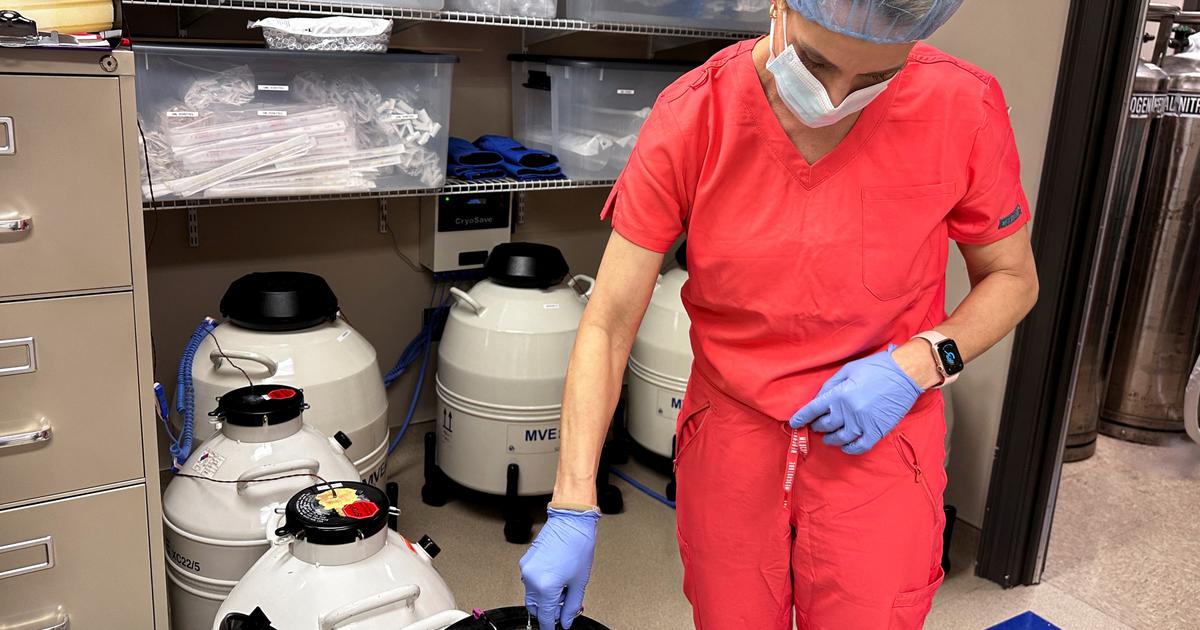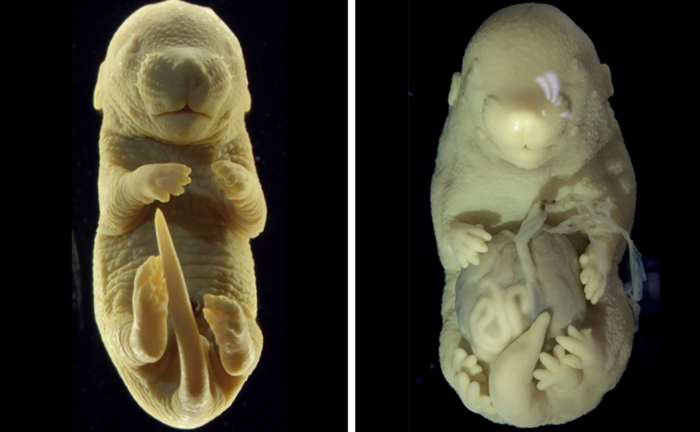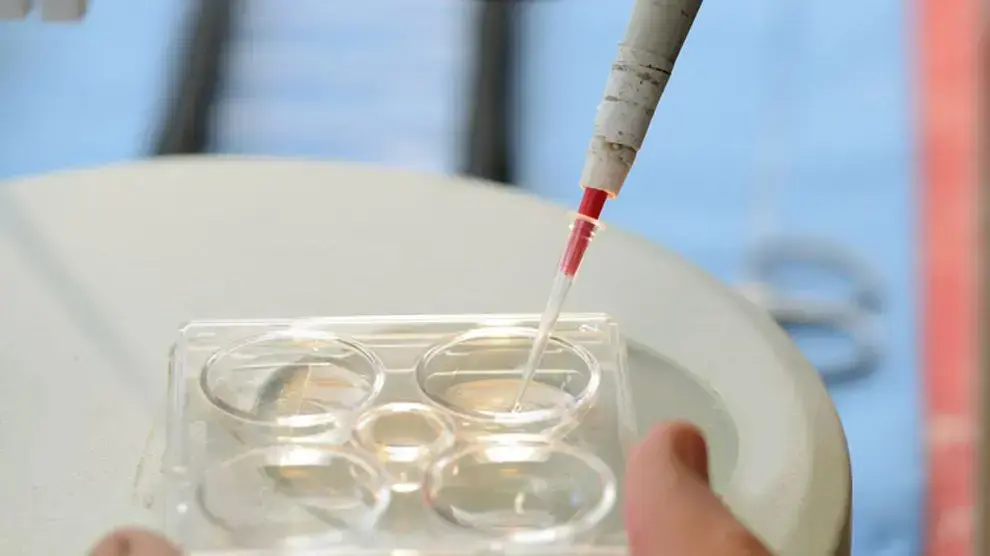As if the public hearings held on the occasion of the abortion law enacted in the country had not been enough, a decision by the Court could reissue the
"green against light blue rift"
: it will call a public hearing before deciding on the case of a divorced couple who asks to destroy her frozen embryos after fertility treatment.
The highest court opted for this path in the context of a legal vacuum.
Congress had to pass a law, as provided for in the latest reform of the Civil Code.
But that law did not prosper: there is a drawer project and the Court, apparently, considered that it could not fail without consulting the population again.
In this context, a Conicet survey was disseminated, signed by Gabriela Irrazábal, Ana Lucía Olmos Alvarez and María Cecilia Johnson, which offers some approximations of the opinions of the Argentine population on the subject.
There is a sector with
very firm positions
and another that transits the
doubt
.
The survey
"Beliefs and attitudes about embryos"
was carried out in the midst of the pandemic, in 2021, to 4,537 Argentines over 18 years of age.
It was made on the smoke that still emanated from the steps of that turbulent Congress of December 2020.
A first conclusion of the survey:
30 percent
of the people consulted believe that the embryo
is a person
and
20 percent
are not sure.
Liquid nitrogen tank containing frozen human embryos.
In contrast, the remaining 50 percent of those consulted considered that the mere fact of the fertilization of an egg by a sperm does
not constitute a person
.
These first data contextualize the focus of the survey, which was to find out the opinions on the discarding of frozen embryos.
“
Religious affiliation
appears as a dimension that divides the answers in relation to the discarding of embryos”, say the authors.
And she adds: "Those who declare themselves evangelicals or Catholics do not agree with the disposal of embryos under any circumstances, while atheists and disaffiliated show higher levels of agreement."
The waters are divided half and half.
Among those who
have an opinion
on the subject, 50 percent do not agree with the discarding of embryos
under any circumstances
.
The other 50 is due to the death of the spouse, the separation of the couples or if there are reproductive difficulties.
Regarding embryo donation,
3 out of 10
consider that it is correct for reproductive purposes and for scientific research.
Women are
less favorable
to donation than men.
Religious affiliation is again synonymous here with antagonism to the possibility of transferring embryos to third parties.
Another previous study by Conicet, from 2019, signed by Natacha Salome Lima, Constanza Branzini and Stella Lancuba, based on 60 qualitative interviews, concludes that "after more than three decades of development of
reproductive
technologies, there is still a high degree of uncertainty in patients regarding
what to do
with their surplus embryos”.
The development of an embryo observed under a microscope.
He adds that "
absences in regulations
cause users (of these techniques) to 'disregard' their embryos, this makes decision-making difficult, increasing the risk of increasing the number of 'abandoned' embryos."
In this same work, published in the magazine of the Faculty of Medical Sciences of Córdoba,
38.4 percent
of those consulted
represented the embryo as "a child"
, while 23.3 percent considered it " a potential person.
And the writing adds: "That is to say that for 61.7 percent of the participants the embryo represents an entity
with an associated value
."
Regarding the destination of the cryopreserved embryos, half of those surveyed had not made a decision.
Of those who had taken it, 36.6 said they
would continue
with cryopreservation, 8.3 mentioned
donating them
to other people, and 31.6 turned to
giving them up for research
.
Then they were asked another question: What is your opinion of the following statement?
"After 5 years have elapsed without contact between the fertility center and the parents and after repeated contact attempts by the fertility center, the embryo
is considered abandoned
, and may be used."
40 percent fully agreed, 28.3 percent partially agreed, 11.6 disagreed, 1.67 percent did not answer.
When asked which factor had the greatest influence on the decision of what to do with the embryos, the most chosen response was
"emotional and/or religious factors or beliefs"
, with 25 percent, followed by "family factors and/or conjugal, with 23.3 percent.
PS
look also
Alert for chikungunya in the Province: what are the symptoms and how to prevent the infection
They warn of a deficit in the 2022 Census that would make it impossible to accurately know key data


